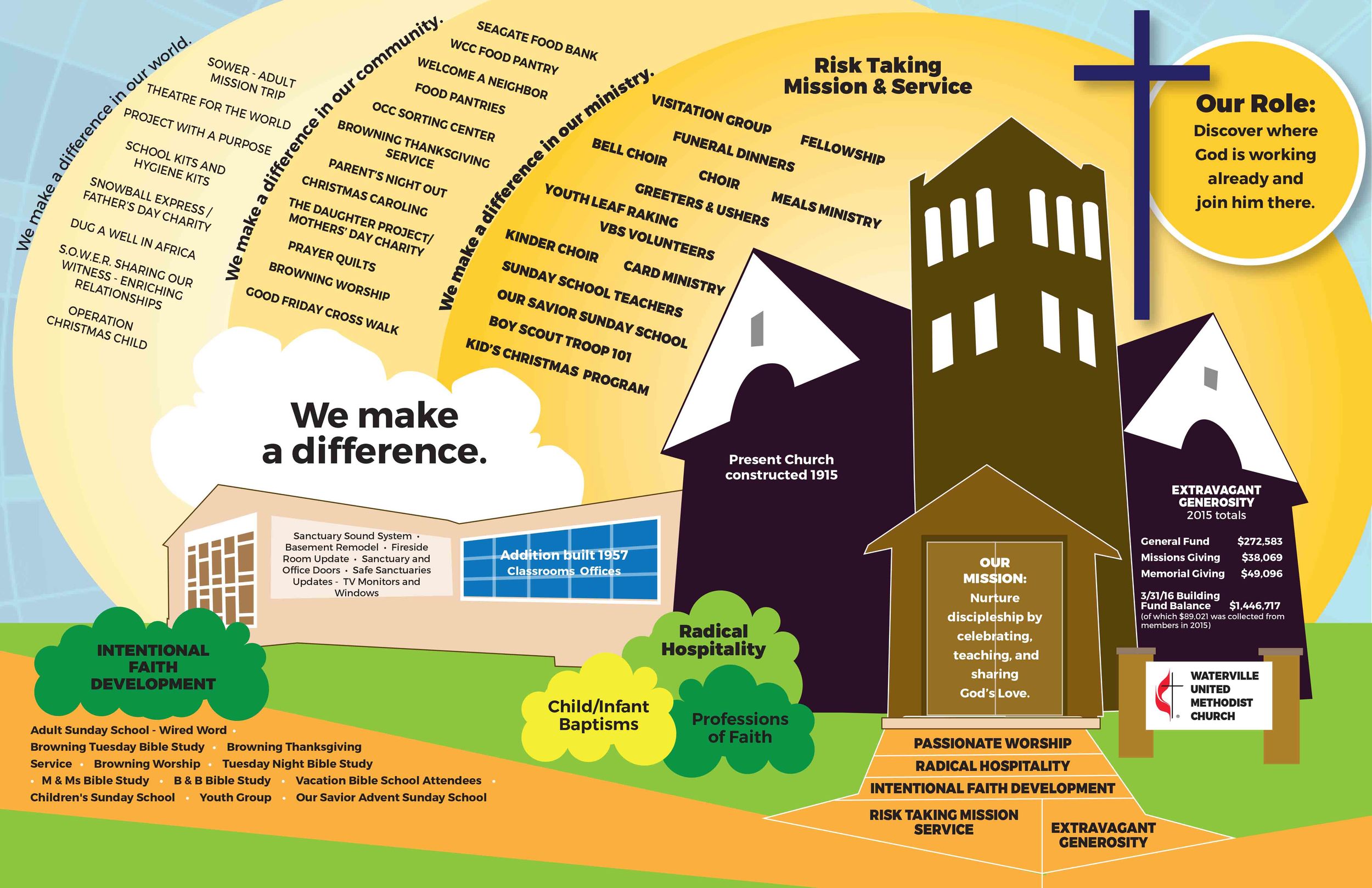Discovering The Considerable History And Proceeding Influence Of Catholic Schools Globally
Discovering The Considerable History And Proceeding Influence Of Catholic Schools Globally
Blog Article
Content Author-Petersson Kumar
When you consider the history of education, Catholic institutions attract attention for their ingrained practices and long lasting influence. These organizations began as a means to instill belief and worths, but they've adjusted extremely over centuries. Today, they play a critical duty fit not simply scholastic success yet likewise moral integrity. What's fascinating is just how they've managed to prosper amidst transforming cultural landscapes, raising questions about their future relevance and effect.
The Origins of Catholic Education: A Historic Point of view
Catholic education and learning traces its roots back over 1,500 years, when early Christian areas identified the need for structured understanding. You'll locate that these areas aimed to pass on their confidence and worths via education and learning.
Monasteries and sanctuary colleges ended up being centers of understanding, nurturing both spiritual and intellectual development. As just click the following document dig much deeper, you'll see that the educational program commonly consisted of approach, faith, and the liberal arts, designed to develop well-rounded individuals.
Over time, the Church established much more official organizations, making certain that education and learning continued to be obtainable to all. The dedication to mentor moral worths and promoting a feeling of neighborhood has lingered via the centuries, forming the educational landscape and affecting countless lives worldwide.
https://www.savannahnow.com/story/lifestyle/2021/06/16/juneteenth-40-acres-mule-speech-second-african-baptist-church-savannah/7707399002/ -lasting heritage continues to influence Catholic education today.
The Development of Catholic Schools Through Cultural Contexts
As cultures developed, so did the function of Catholic colleges, adapting to the social contexts in which they existed. In the very early years, these establishments focused primarily on spiritual guideline, however as communities branched out, they began to incorporate neighborhood languages, customs, and instructional requirements.
You would certainly see that Catholic institutions commonly became facilities for social cohesion, fostering a sense of belonging among students from various backgrounds. In several regions, they attended to social issues, such as destitution and discrimination, by offering obtainable education and learning for all.
As you discover various societies, you'll see exactly how Catholic colleges have changed their educational program and mentor methods, mirroring the worths and difficulties of their atmospheres while holding to their fundamental mission of confidence and scholastic quality.
The Modern Function and Impact of Catholic Schools in Society
In today's world, Catholic schools play an important role in shaping not simply the educational landscape, but likewise the broader neighborhood.
You'll locate that these organizations highlight worths like regard, compassion, and social justice, fostering well-rounded individuals who contribute favorably to society. By focusing on scholastic excellence and ethical advancement, Catholic schools prepare students for future obstacles, supporting essential reasoning and leadership skills.
They commonly offer varied populaces, bridging gaps in access to quality education and learning. Furthermore, you may observe their commitment to service, encouraging pupils to take part in community outreach and volunteer work.
This blend of education and ethical support makes Catholic colleges a substantial pressure, cultivating accountable people that can influence their neighborhoods right.
Verdict
Finally, Catholic colleges have a rich history that's shaped their enduring influence on society. You have actually seen exactly how they've adapted to various cultural contexts while maintaining a commitment to faith, worths, and scholastic quality. Today, they continue to play an important role in cultivating community, advertising social justice, and nurturing accountable citizens. As you reflect on their legacy, it's clear that Catholic institutions remain a powerful force for positive change worldwide.
